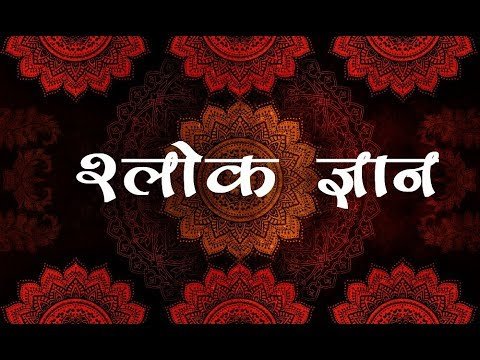We lives in a anxiety surrounded by many wicked peoole. It can be difficult to change a wicked person because they may not be able to see their own faults, and they may enjoy controlling others. Wicked people are those who are morally bad or evil in their actions or principles. One of the Sanskrit verses typically highlight the nature of a wicked people in very appropriate way. It say :
कर्पूरधूलि रचिताSSलवाल: कस्तूरिकाकुङ्कुमलिप्तदेहः|
सुवर्णकुम्भैः परिषिच्यमानो निजं गुणं मुञ्चति किं पलाण्डुः||

Karpoordhooli rachitaaalavaalah kastoorikakunkumaliptadehah.
Suvarnakumbhaih parishichyamaano nijam gunam munchati kim palanduh.
Karpooradhooli = powdered camphor. Rachitaalavaala = Rachitaa + aalvaal. Rachitaa = made, placed.
Aalvaala = a round basin made at the root of a plant or tree for watering purposes.
Kastoorikaakumkumaliptadehah = Kastoorikaa + Kumkum + lipta + dehah.
Kastoorikaa = musk, an extract from a gland of a Musk deer, known for its sweet smell.
Kumkuma = saffron (dried petals of a flowerused for flavouring and colouring food.
Lipta = smeared with.
Dehah = body.
Suvarna = gold.
Kumbhaih = pitchers.
Parishichyamaano = sprinkling of water.
Nijam = one's own.
Gunam = qualities.
Munchati = abandons.
Kim = what, can ?
Palanduh = Onion, known for its pungent smell.
Theses Sanskrit lines says ;
Even if powdered camphor is mixed as manure in the basin around an onion plant and it is watered with a pitcher made of gold, and the onion bulb is smeared with a paste of musk and saffron, can the onion abandon its inherent qualities (pungent smell.)?
By referring to the onion plant, which does not abandon its pungent smell, the writer says that even by using camphor as manure and on being smeared with musk and saffron paste onion never leaves its original smell. Likewise wicked persons also do not change their behaviour in spite of treating them politely and nicely.
